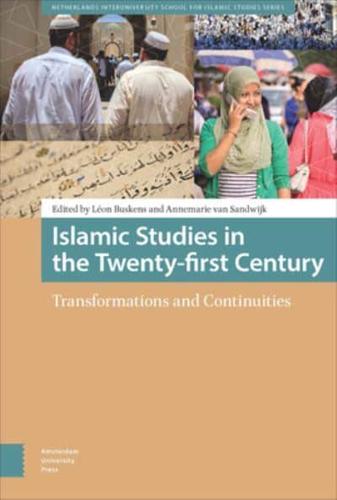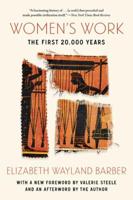Publisher's Synopsis
In recent decades, traditional methods of philology and intellectual history, applied to the study of Islam and Muslim societies, have been met with considerable criticism from rising generations of scholars who have turned to the social sciences, most notably anthropology and social history, for guidance. This change has been accompanied by the rise of new fields, studying, for example, Islam in Europe and Africa, and new topics, such as the role of gender. This collection surveys these transformations and others, taking stock of the field and showing new paths forward.










